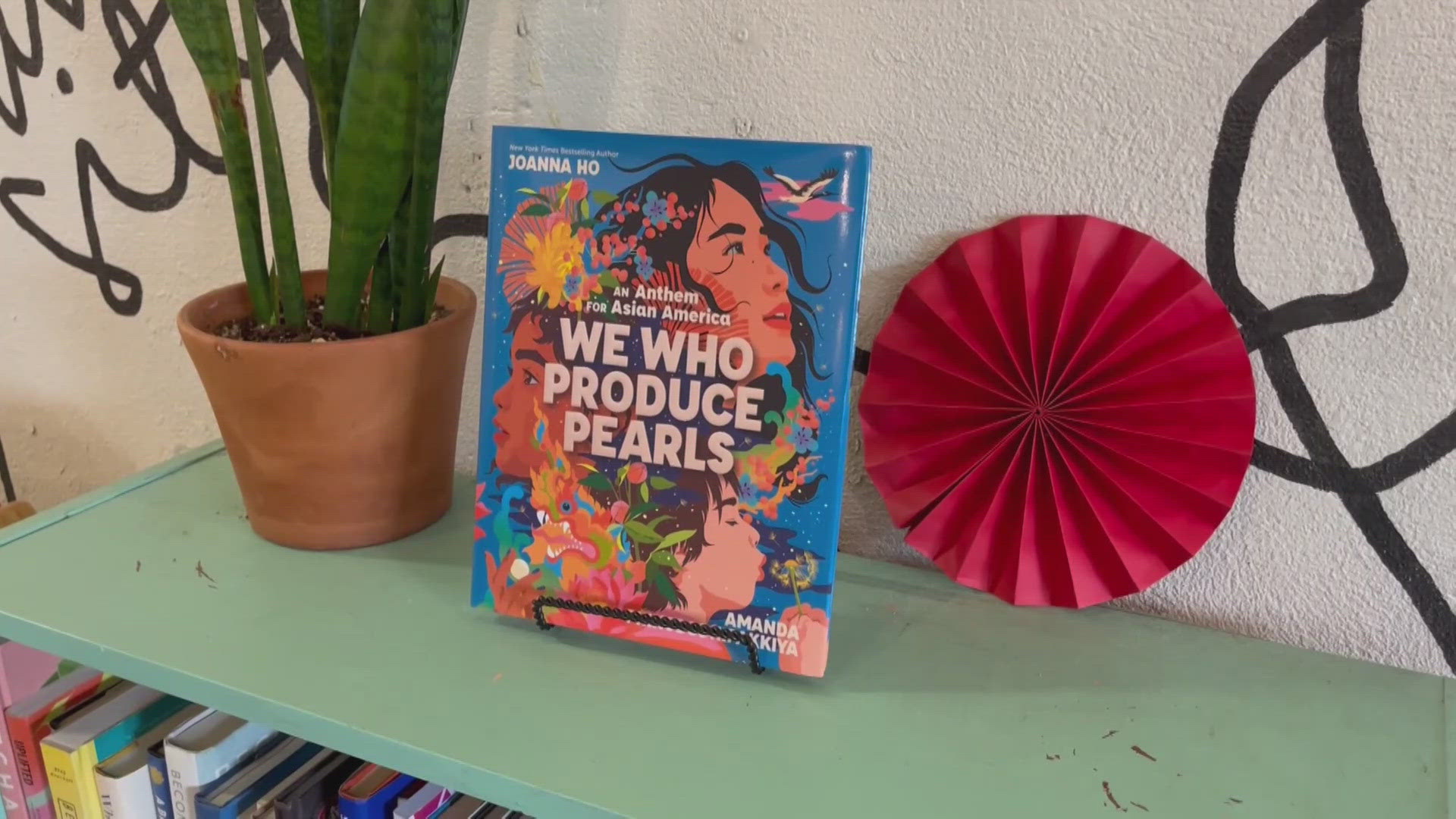WACO, Texas — Coffee shops have long been cherished as places to grab a quick caffeine fix or catch up on work, but for many individuals, they serve a much deeper purpose. These establishments can be sanctuaries—a safe space where community thrives, and connections are forged. The Cha Community, a series of coffee shops in Temple and Waco, exemplifies this ethos, with its owners prioritizing community building and support.
Jaja Chen, a trauma therapist and co-owner of the Cha Community, believes deeply in the power of coffee shops to bring people together. "They're meant to bring the community together," she says. For Chen, the importance of community hits close to home. As a child, she grappled with feelings of disconnection and a lack of belonging, navigating a predominantly white environment as an Asian American.
Chen's experiences as a child shaped her mission as an adult—to create spaces where individuals, particularly those who have experienced trauma or feelings of isolation, can feel seen and supported. "To help support people who not only have gone through past trauma, but maybe even present trauma. For example, lack of belonging, racism, or any kind of experiences, right?" she explains.
Chen's sentiments resonate with many in the Asian American and Pacific Islander (AAPI) community, where issues of identity, belonging, and mental health are often intertwined.
According to a study by the Asian American Foundation, only 38 percent of Asian Americans feel like they belong in the U.S.
Josie Pooler, a recent Baylor graduate, shares her own struggles with identity and belonging. Growing up with Chinese and Vietnamese heritage in a predominantly white community, Pooler often felt different and struggled to reconcile her cultural identity with societal expectations. "How do I feel Asian and what does that even mean?" she reflects.
Despite these challenges, both Chen and Pooler have found strength and pride in their heritage. However, they acknowledge the ongoing mental health struggles faced by many in the AAPI community, exacerbated by stereotypes, discrimination, and the rise in anti-Asian hate crimes during and after the pandemic.
"Representation is so important," Chen emphasizes, highlighting the need for diverse narratives and positive depictions of Asian Americans in media and society. Pooler also points out how important it is to break free from the "model minority myth" and challenging unrealistic expectations placed on the community are crucial steps toward fostering a more inclusive and supportive environment.
For Chen, the resilience of the AAPI community is a source of inspiration. "The Asian American community is extremely diverse and vibrant. We're not a monolith. We represent so many different countries, people's languages," she affirms.
As coffee shops like the Cha Community continue to serve as hubs of connection and support, they offer more than just beverages—they provide a space for healing, belonging, and celebration of cultural heritage. In a world often marked by division and discord, these establishments stand as beacons of unity and inclusivity, inviting individuals from all walks of life to come together and share their stories.
LIST OF MENTAL HEALTH RESOURCES:

